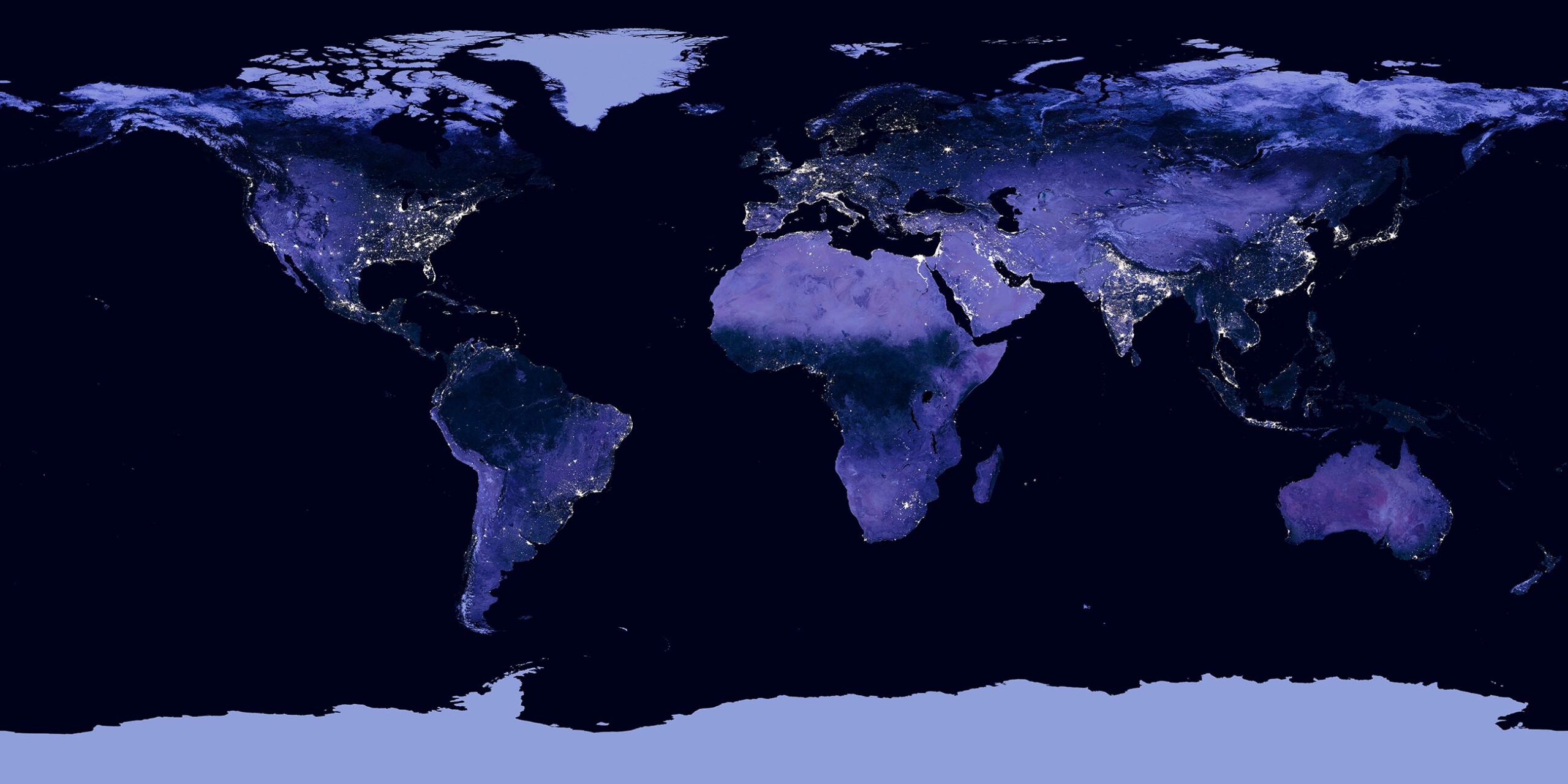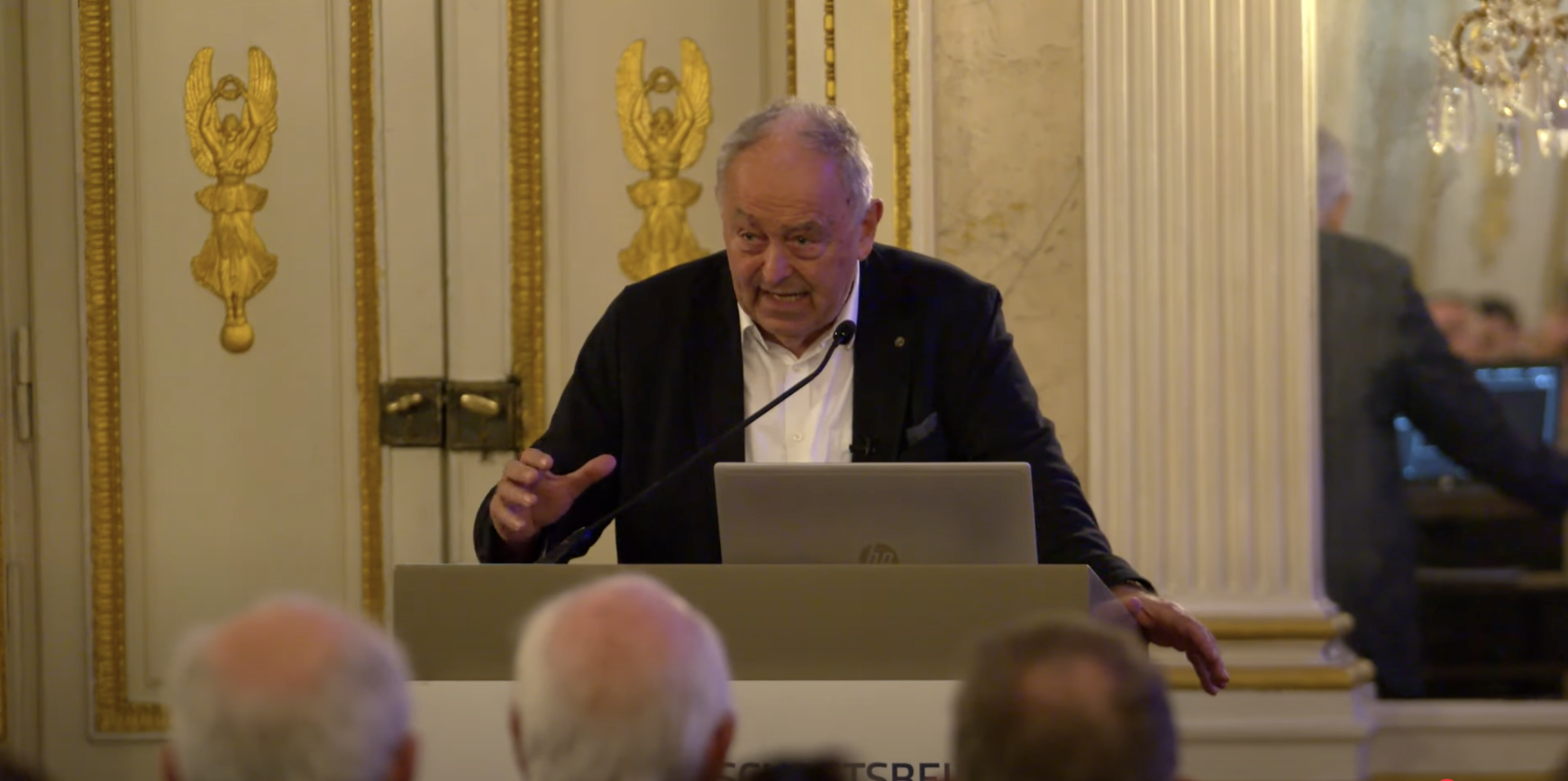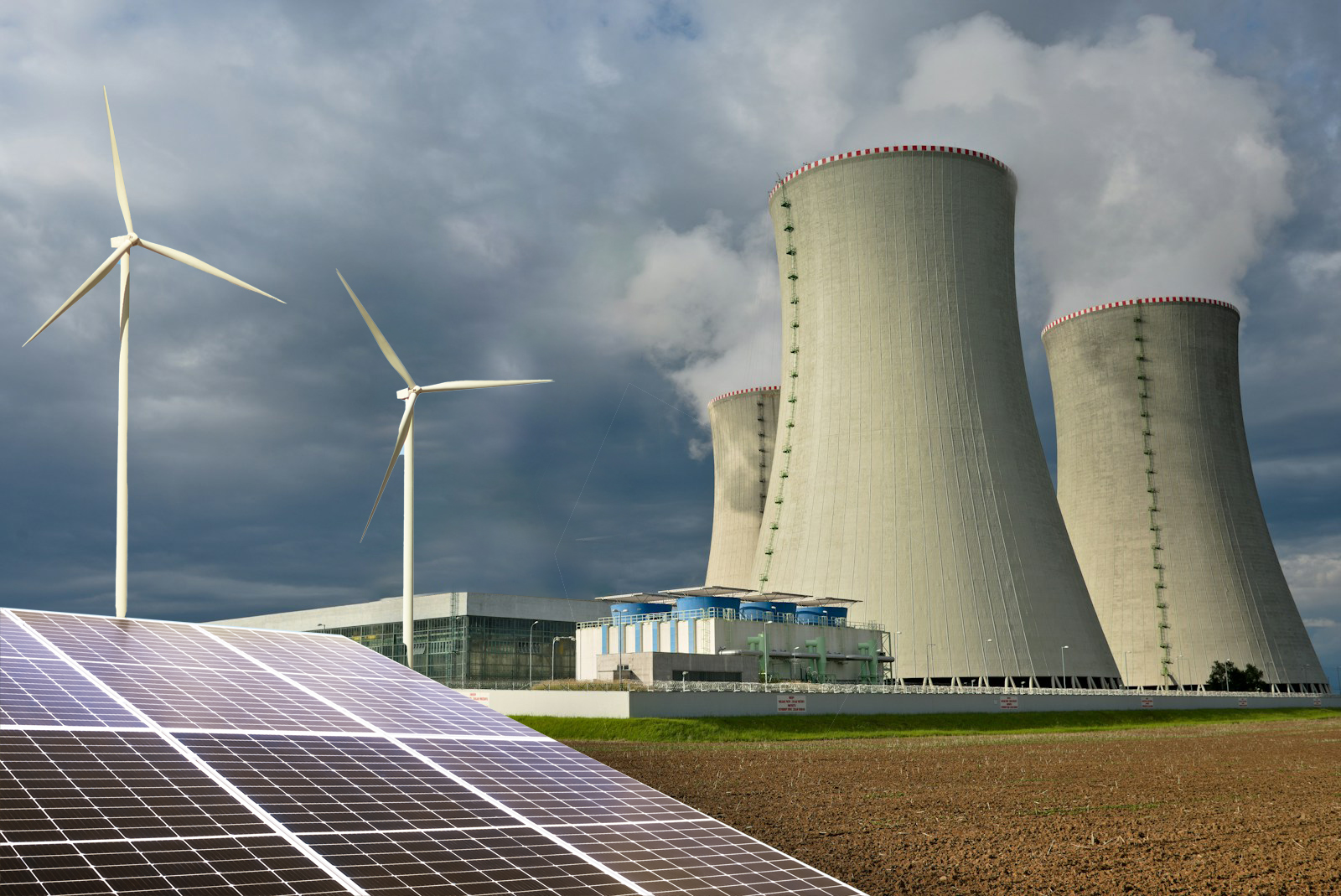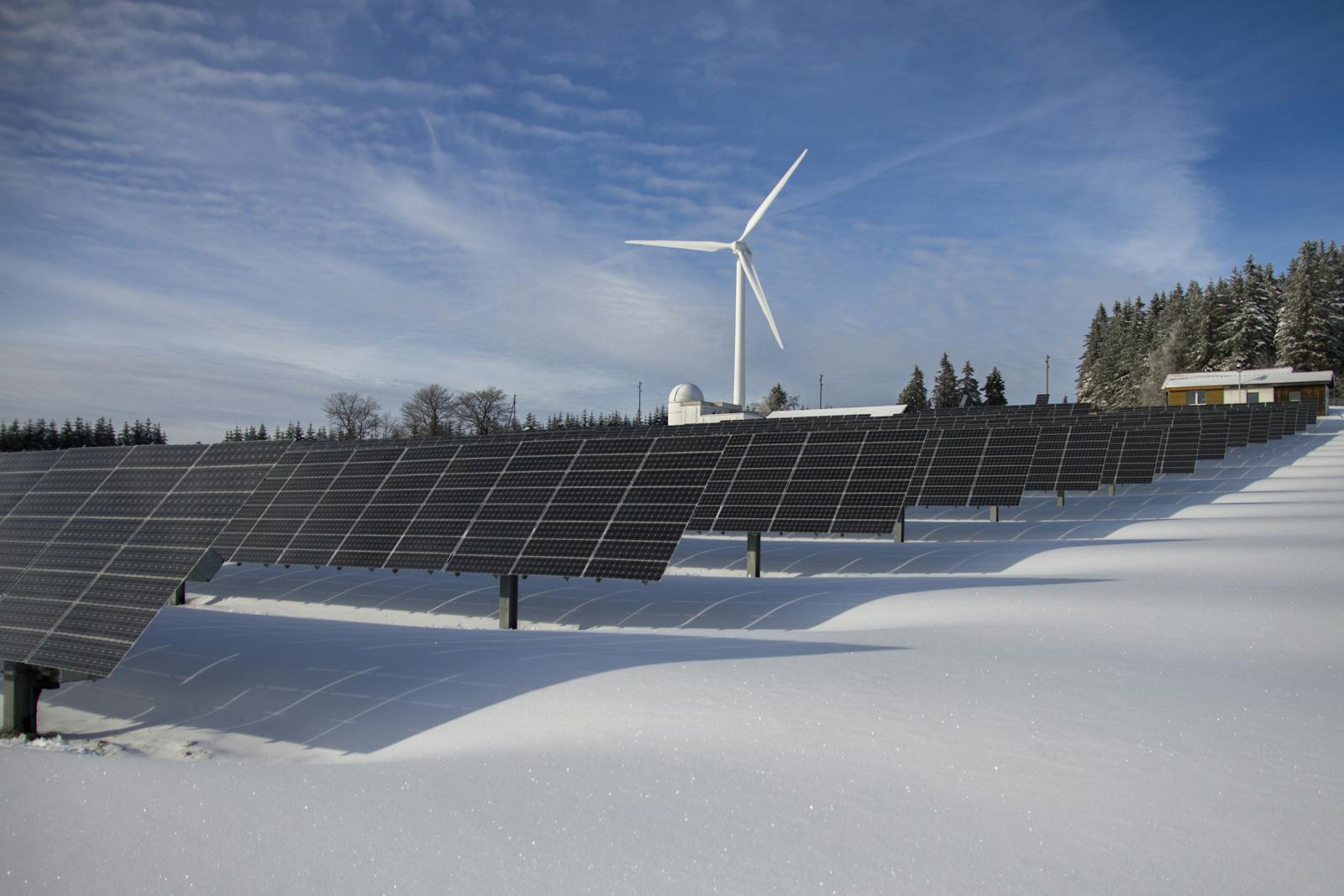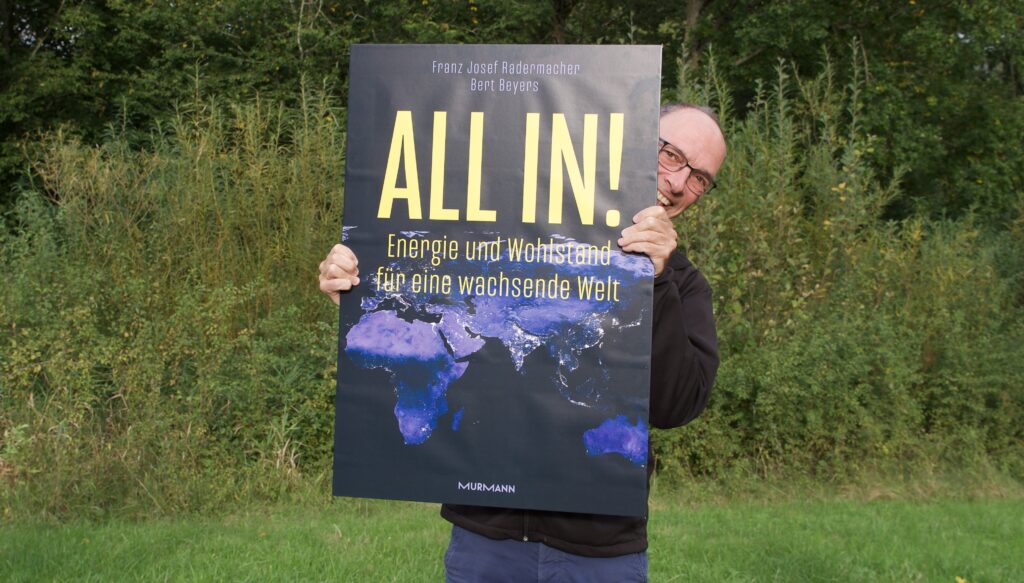At this point, some news of the last few weeks will be addressed which, from GES’ point of view, are reason for hope because they contain building blocks of a possible global solution and / or could help to develop a realistic view of the challenges ahead of us.
Russia further reduces gas supplies to Europe. Germany raises the warning level in the gas emergency plan. The EU and Germany continue to look for alternative import possibilities. Israel, for example, wants to supply more natural gas to Europe. The gas from the Mediterranean is to be transported via existing underwater pipelines to Egypt and from there by ship to Europe. Egypt also has gas deposits that it wants to sell. Commission President Ursula von der Leyen travelled to the Middle East to explore various options for the EU.
The demand for liquefied natural gas (LNG) is rising, and the USA wants to supply. But even that is not free of problems. A liquefaction plant in the state of Texas caught fire. In addition, the supposedly clean energy on the Louisiana coast, where ten LNG plants are to operate in the future, causes considerable regional environmental damage and produces millions of tonnes of CO2 a year.
One of the world’s largest power plants for renewable energy is to be built in Western Australia. Now the British oil company BP is participating with 36 billion dollars. Solar and wind power plants are planned for an area of 6500 square kilometres. The power plant is to have a capacity of 26 gigawatts – more than the Chinese Three Gorges Dam. The project is currently going through a lengthy approval process.
The British think tank Ember has presented various scenarios for a CO2-friendly electricity system in Europe in 2035. Wind and solar power supply 70 to 80 percent of the energy. In addition, there is hydropower, nuclear power and coal. Gas and coal with CO2 capture (CCS) are also considered clean power generation by the British, as are renewables.
The 122,000-tonne LNG tanker Prism Courage has completed a 10,000-kilometre passage across the Pacific Ocean fully autonomously for the first time. With the help of artificial intelligence, the ship was able to independently compensate for weather conditions and wave heights and avoid other ships.
The expansion of renewables is stalling. According to the Renewables 2022 Global Status Report renewable energy sources such as wind power, photovoltaics or hydropower covered 10.6 percent of the global energy demand in 2009; in 2020, it was only two percent more. The expansion of renewables would have to be three times as fast to achieve the global climate goals, say the researchers. Photovoltaic modules have become significantly more expensive in the past year – after prices had fallen during the previous years.
Opel has tested tested e-fuels with a conventional SUV – 3000 kilometres were covered without any problems for engine and vehicle. If an internal combustion engine were powered by e-fuels instead of petrol, no more CO2 would be emitted than was taken from the atmosphere to produce the fuel, says an Opel manager. “If you were to add just one per cent e-fuels to the entire German fuel mix, you could run the equivalent of one per cent of the fleet in a CO2-neutral way – that’s the equivalent of 465,000 vehicles.”
